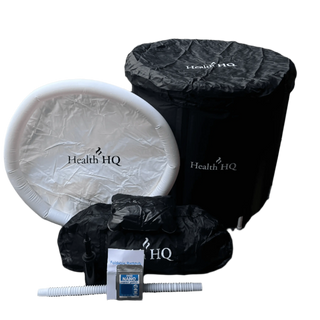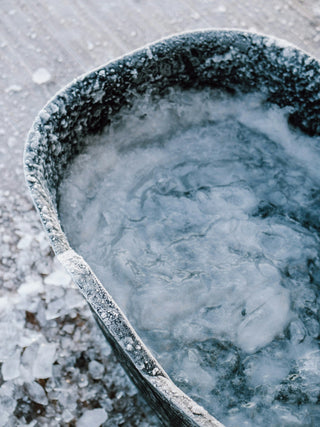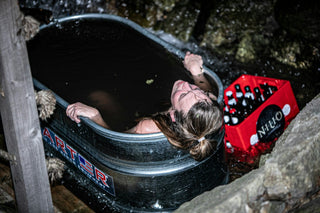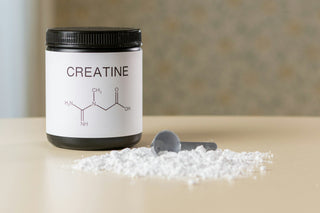What Physiological Effects Does Cold Water Immersion Have on the Body?
Cold water immersion—also known as ice baths or cold plunges—has become a popular recovery and wellness tool, but what’s really happening inside your body when you take the plunge?
Beyond the chill and initial shock, cold exposure triggers a cascade of physiological responses that affect your muscles, circulation, nervous system, and even your brain chemistry. Let’s break down exactly what’s going on under the surface.
🧠 1. Nervous System Activation
As soon as you hit cold water, your sympathetic nervous system (aka the “fight or flight” response) is activated. This causes:
- A rapid release of adrenaline (epinephrine) and norepinephrine
- Increased heart rate and alertness
- A feeling of stress or discomfort (especially for first-timers)
But here’s the twist: once your body adapts to the shock, your parasympathetic nervous system (the “rest and digest” state) starts to take over, helping you relax post-immersion. This back-and-forth dance can lead to better stress resilience over time.
❄️ 2. Vasoconstriction & Vasodilation
During the Ice Bath:
- Blood vessels constrict (vasoconstriction) to preserve core body temperature.
- This reduces blood flow to the limbs and skin.
- It helps limit inflammation and swelling in muscles post-exercise.
After You Get Out:
- Blood vessels dilate (vasodilation) as your body warms up.
- This rushes oxygen-rich blood back to your tissues.
- It helps flush out metabolic waste like lactic acid, promoting recovery.
This circulatory cycle is one of the key reasons ice baths are favored for athletic recovery.
💪 3. Reduced Muscle Inflammation & Soreness
One of the biggest benefits of cold water immersion is its ability to reduce delayed onset muscle soreness (DOMS). Cold water helps:
- Lower tissue temperature
- Decrease swelling and inflammation
- Minimize muscle fiber damage
This is especially effective after high-intensity workouts, endurance events, or multiple training sessions in a short period.
🔥 4. Lowered Core Body Temperature
Cold immersion rapidly lowers your core temperature, which can help:
- Relieve overheating post-exercise
- Improve sleep (if timed correctly)
- Aid in heat acclimatization for athletes training in warm environments
However, staying in too long or plunging into water that’s too cold (below 50°F / 10°C) without acclimation can increase the risk of hypothermia—so duration and safety matter.
🧬 5. Hormonal & Neurochemical Effects
Cold water immersion also stimulates the release of feel-good chemicals, including:
- Dopamine – boosts mood and focus
- Endorphins – reduce pain and promote a sense of well-being
- Norepinephrine – sharpens alertness and attention
This hormonal shift can leave you feeling energized, clear-headed, and even euphoric after a plunge—one of the reasons many people get hooked.
🦠 6. Immune System Support (Possibly)
Some emerging research suggests that regular cold exposure may stimulate the immune system, potentially increasing the number and activity of certain white blood cells.
Cold exposure may also reduce chronic low-grade inflammation, which is linked to numerous health issues. While more studies are needed, anecdotal evidence and small trials suggest potential immune-boosting effects with regular cold plunges.
🧘♂️ 7. Mental Toughness & Resilience
Though not strictly “physiological,” cold water immersion conditions your mental response to discomfort. Regular practice trains your brain to:
- Stay calm under stress
- Control breathing and anxiety
- Improve discipline and mental grit
Over time, this can translate into more control over your mindset—not just in the cold, but in everyday life.
Final Thoughts
Cold water immersion is more than a quick fix for soreness—it’s a full-body reset. From hormone spikes to vascular changes and mental toughness, your body and mind undergo a powerful transformation during and after a plunge.
Whether you’re an athlete seeking recovery, someone managing stress, or simply curious about the cold, understanding the science behind it can help you use it more intentionally—and get the most from every icy dip.
Ready to experience the physiological power of cold? Just remember: start slow, stay safe, and listen to your body.








